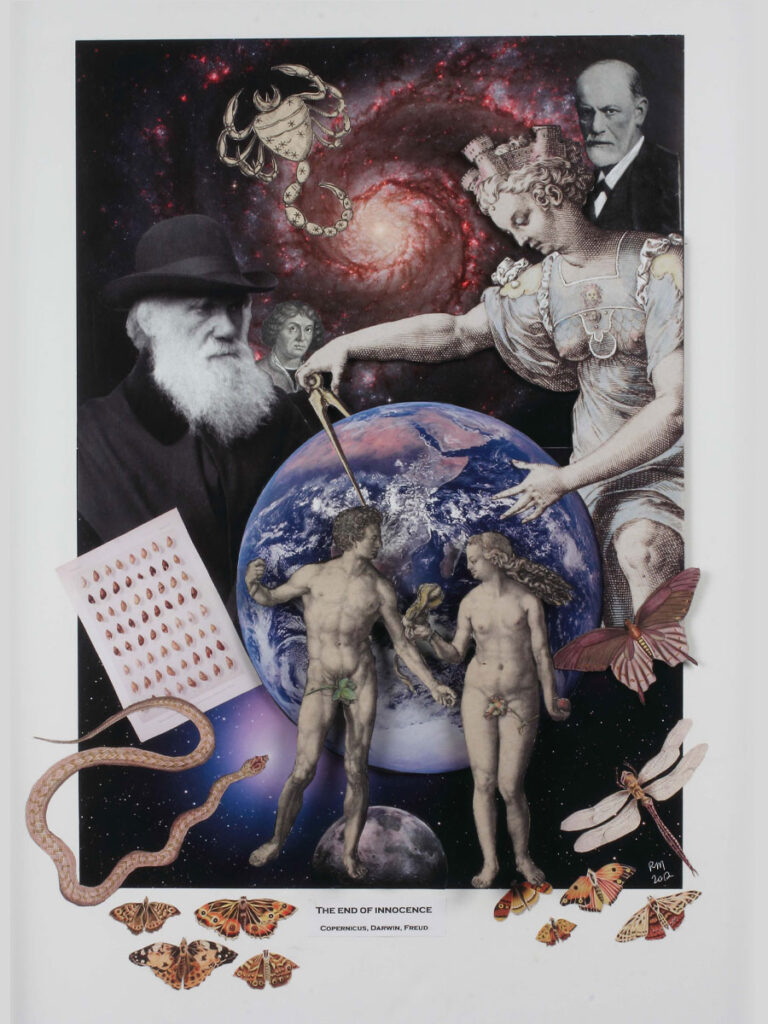12. Science and Inner Life

To live and work as a scientist is to live at the edge of the unknown. You are at the frontier of knowledge about the mostly hidden order of the way things work. There is the awareness that not everything is as it seems and that there are unifying general principles behind seemingly unconnected phenomena. You search for patterns and upon finding one, you make working hypotheses which have the structure of assuming a certain truth and then testing its implications. Predictions are either verified or refuted, giving greater or lesser validity to the theories created in this way. While you may not ever have “absolute truth”, the process involved helps to clear the way to deeper understandings.
Imagine, studying one’s own subjectivity and behavior in this same spirit. This is the path of inner work that Cafh offers. It is a path that integrates contemplation and action, with the goal of increasing awareness, for increased awareness is the first step toward living better. But I need to approach it with the attitude of a scientist, both skeptical of what I already know and open to other possibilities. Such a process leads me not only to understand myself better but also the world within which I live, for it is always integrally related to ourselves. There is no way to separate the two. By making my own mind the subject of inquiry, I begin questioning.
An example may help illustrate this method. I am very easily aroused to anger by a particular person. He is not in any way a bad person, in fact, he is a lot like me. I meditate on this person, holding his image in my mind. I observe my feelings and see how the qualities I attribute to him are exactly qualities of my own self that I wish were not there. He is the very embodiment of my shadow, my pride, my will to power and prestige, my self-centeredness, ignoring the feelings of those around me. I am observing in great detail as I hold his him image, forming the hypothesis that my antipathy toward him is actually antipathy toward aspects of myself. I make a working hypothesis that if I learn to accept these things in myself, be less judgmental, he won’t irritate me as much. That is my working hypothesis. I try it. I recognize these qualities as human – qualities I share with all others in different proportions, of course.
Next time, I am with this individual, I feel the feelings, but they are less intense. Indeed, after a while, they seem to fade into unimportance. Maybe, I have discovered something of value.
Another example. I observe that there are moments when I spontaneously experience a sense of living on a planet in space. It may be triggered by the curvature of the horizon, especially at a beach, where the curve of the earth is evident or it may be triggered by looking at the sky, especially clear star filled skies. Trees seem to bring this state as well. It is a very expansive feeling and it seems to calm me, put everything in a kind of “cosmic perspective”. My working hypothesis is that if I could remember this perspective, it will improve my mind, making me happier and giving me more equanimity. I meditate on this image of living on a planet, imagining the sun as a star (which of course it is) trying to imagine distances, the rotation of the earth, the moon and so on. I imagine seeing the house in which I live from higher and higher elevations. It is funny that using the imagination in this way actually brings me closer to reality than my normal perceptions of things! I recognize my normal perceptions as so limited – about 68 inches from the ground. Later I try to remember this imagining while walking in the city streets and find that it is not hard to have a touch of this “cosmic consciousness” simply entering into all my considerations, coloring them and opening not only perceptions, but heart as well.